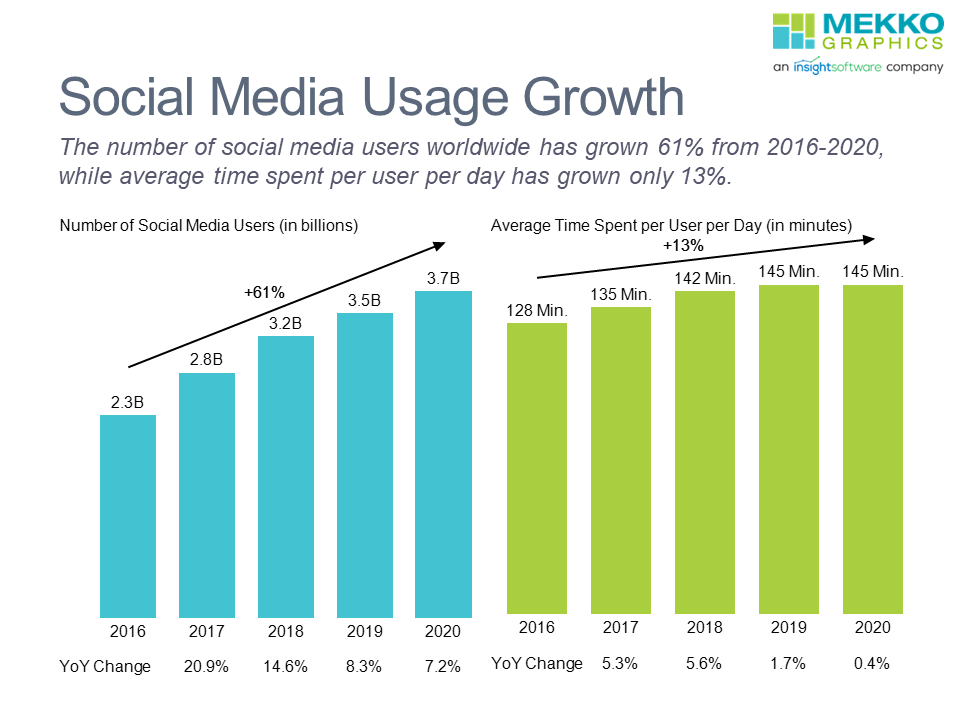Younger people are more alienated from political systems and other people than ever before, and this dire situation is changing how businesses and society operate.
However, there is another problem: Gen Z often lacks the basic knowledge that older people have about solving problems, cooperating, and socializing.
Think about some men who complain that they cannot find a date, the so-called “incels.” What about the Gen Z’s who think that Judge Judy is a member of the Supreme Court? Then, college students need help mailing a letter via the U.S. Postal Service. Or, in a Facebook video, a man goes into the Home Depot and asks three Gen Z workers where he can find “a left-handed hammer.” Immediately, all three Home Depot employees pulled out their phones and looked at the store directory to find the “left-handed hammer.” The man laughs and walks away.
Those are everyday scenes, but accompanying this is a lack of what older people would call “common sense.”
So why did a generation get de-linked from previous generations?
One significant reason is social media. Another is the sad fact that the current young generation of Americans is the first that will not have a better chance to achieve the American Dream than their parents. This is the first time this has happened in history. For those on the short end of this reality, it is causing younger people to re-evaluate their overall faith in politics, leaders, economic policies, business functions, and the role of social institutions.
That’s a lot to question, and it may explain why young people prefer an empty leader like Trump, who over-promises but delivers a message to a generation that is anxious and hungry for answers and a solution, even if it is a lie.
It may also partially explain the pro-Gaza demonstrations on college campuses who can identify with the underdog, Gazans, who they feel are oppressed and kept down by a more powerful state. Now, all this does not have to be accurate. Still, for a mass movement to develop, it only has to become a vague metaphor for what the Gen Z Americans feel at home: victimized, disenfranchised, sympathy for another underdog, and all with little hope for the future.
These emotional equations are all approximate, but they can work to bring college students into the streets to protest a war that gets tremendous media coverage from 5,600 miles away from the U.S. This generalized disgust with American institutions and political processes may also explains why so many college students are protesting. But if you listen to some of the messages, it is not all anti-Israel, pro-Palestinian and pro-Hamas. It is also opposed to militarism, unequal jobs, and wealth-building opportunities.
The Social Media Factor
Numerous studies from groups as varied as the Mayo Clinic, American Psychological Association, Cleveland Clinic, and The U.S. Department of Health and Human Services found that social media is not social at all. It promotes isolation and an addiction to technology, which can be manipulative and lead to low self-esteem, depression, and  anxiety. Many of these adverse psychological events happen because people compare their lives to more exciting ones online, whether they are true or not. Online activity also affects men differently than women. Social media has been linked to high rates of suicide and addiction, both harmful byproducts of how social media can degrade confidence.
anxiety. Many of these adverse psychological events happen because people compare their lives to more exciting ones online, whether they are true or not. Online activity also affects men differently than women. Social media has been linked to high rates of suicide and addiction, both harmful byproducts of how social media can degrade confidence.
Why Young Workers Are Disconnected From Society
What is different today is social media, a very stimulating form of communication. Since about 2012 (when smartphones replaced flip phones), social media exploded, accompanied by a rise in the suicide rates of pre-teen girls, increases in anxiety, falling test scores, and a decline in book reading. Social media wastes too much time, so there is no time to read, play, socialize, and engage in sports. According to some researchers and scholars, this is what is behind the mental health crisis affecting young people.
This transformation occurred when the family changed from a play-based childhood to a phone-based childhood. This cut into playtime with other children, and this amount of time has dropped significantly since around 2012.
This has been accompanied by a loss in viewpoint diversity” or “structural stupidity,” according to Jonathan Haidt, a professor at New York University’s Stern School of Business, a social psychologist. This has exacerbated the culture wars and widened the political left-right divide. To appease students, some colleges were pushed to eliminate honors programs and tests and focus on equity by race. This caused a loss of trust in the broader community of politicians, parents, and the community.
There is a correlation between how much time you spend on social media and the degree of depression. Social media harms girls much more than boys.
What has changed is that social media interrupts the function of play. Play allows acculturation, social skills, and cultural learning, and this continues until puberty, according to
So, social media has replaced the play-social function by allowing children to get acculturated via the unscreened people and corporations who populate social media.
Disgust With the Political System
Gen Z workers also say they are disgusted with the American political system. In a recent survey by GOP pollster Frank Luntz, millennials and Gen Z respondents said they have lost faith in democracy and the political system because they feel forgotten, ignored, and betrayed by political leaders. “Biden is too old and Trump too corrupt for them to consider,” Luntz said. He also found that 83% of Americans believe the nation is more divided than ever, and young people are looking for role models to whom they can aspire, but there are none for them to emulate. This lack of qualified leaders extends to the workplace and politics.
This negative generational attitude is the theme of a new book by NYU marketing professor Scott Galloway, “The Algebra of Wealth.” Younger workers face an uphill battle to combat challenges, including inflation, labor and housing shortages, and climate volatility. Isolation fostered by social media is also hurting them. Examples of this include the lack of authentic human interactions, fear of the opposite sex, a culture that rewards isolation, and the nerd lifestyle.
This political disillusion also translates into the workplace. An article in the March/April issue of Benefits News found that Gen Z employees are getting career advice from AI programs like Chat GPT.
It’s not that this workforce age group isn’t interested in talking with their immediate managers. Their managers are too busy to meet with their younger subordinates because companies are promoting middle managers to advance the business, which leaves the younger employees more isolated. A survey from Intoo found that 84% of Gen Z workers found that learning and development carried the same weight as getting a new title or a promotion.
Under previous business models, managers played “a critical role” in advising their employees about career alternatives, but employees today say their managers are too preoccupied to deal with them. The Intoo survey said:
- 46% of employees say their manager doesn’t know how to help them with their career development.
- Nearly half (47%) of Gen Z employees say they get better career advice from Artificial Intelligence, including ChatGPT, than their manager.
- Workers who feel at least “somewhat” supported by their manager were nearly seven times more likely to say they made a lot of career progress last year than those who say they get little or no support from their manager.
This lack of career advice affects employee retention. The Intoo survey found that 25% of employees—and an alarming 44% of Gen Z—say “they’ll likely quit within the next six months because their company doesn’t support their career development.”










